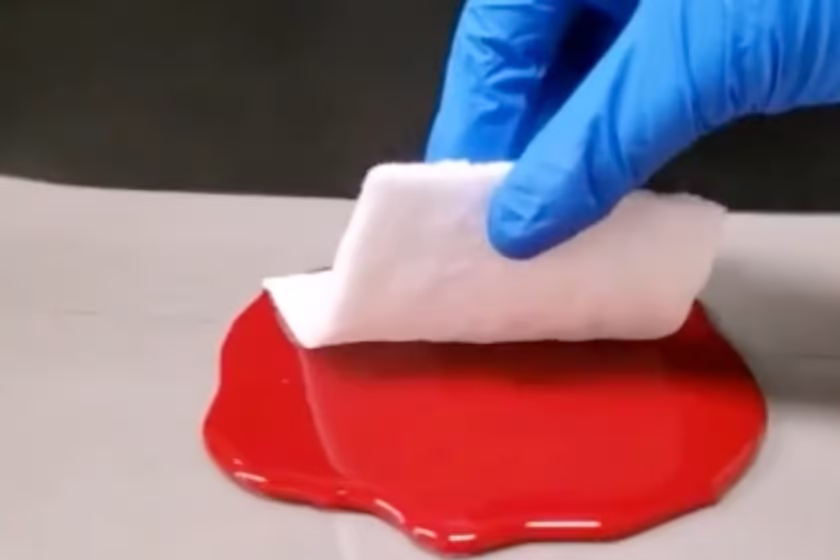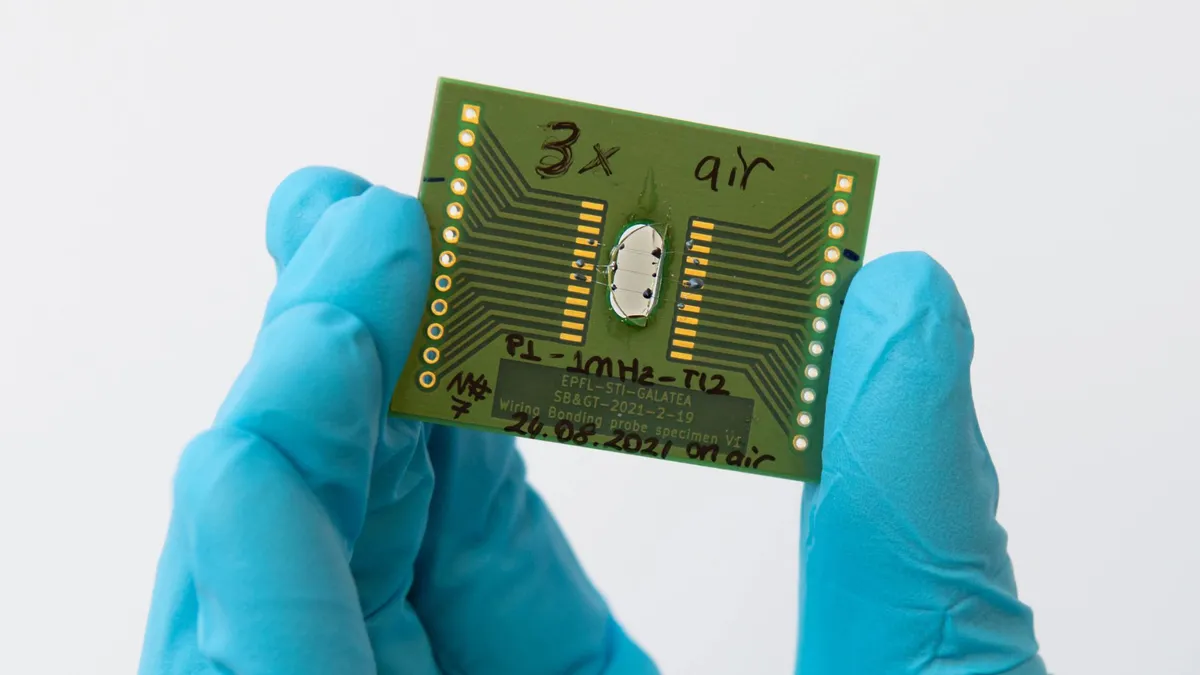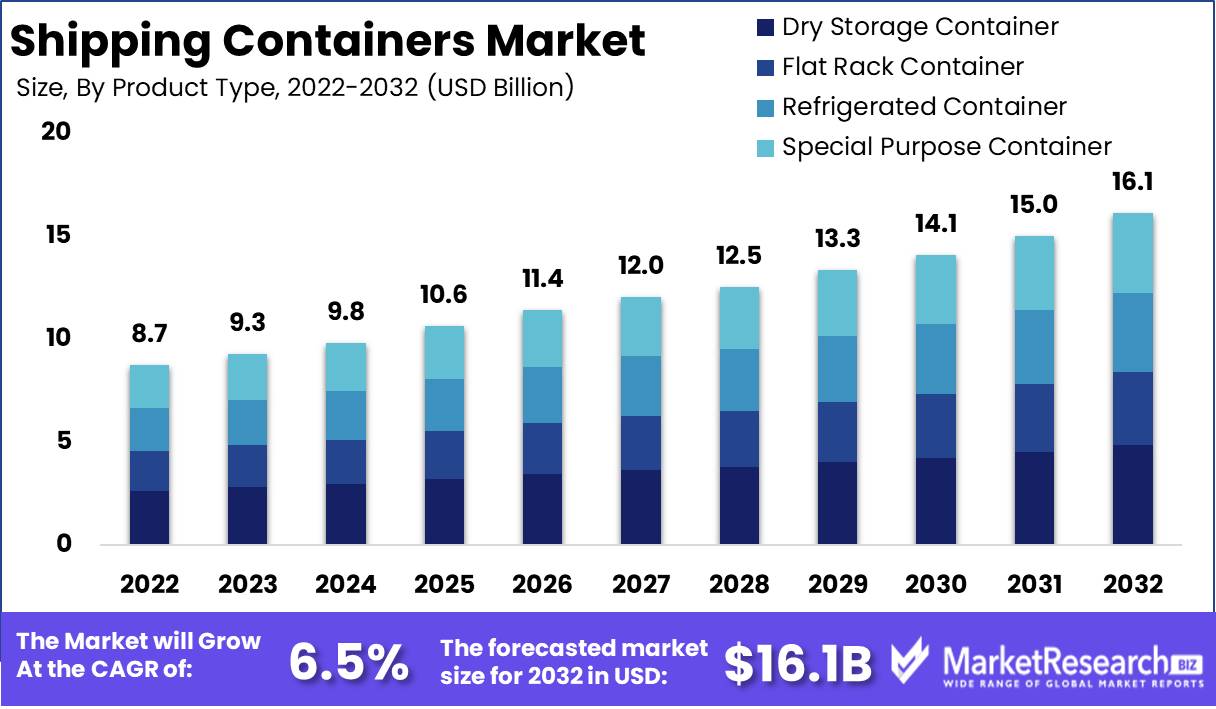Harnessing Solar Power and Agricultural Waste for Clean Hydrogen Fuel
Researchers at the University of Illinois Chicago (UIC) have made a significant breakthrough in clean energy production. They’ve developed a novel method to create hydrogen fuel using just solar power and readily available agricultural waste products, such as manure or crop husks.
Biochar Catalyst: Revolutionizing Sustainable Hydrogen Production
This innovative approach boasts a dramatic reduction in energy consumption. By reducing the energy required to extract hydrogen from water by 600%, the UIC team’s technique opens up new possibilities for creating environmentally friendly, sustainable chemicals.
Hydrogen is considered a promising clean energy source because it burns cleanly, producing only water vapor as a byproduct. However, current methods for hydrogen production are often energy-intensive and rely on fossil fuels like coal or natural gas.
A Breakthrough in Green Energy: Efficient Hydrogen Generation at UIC
The UIC team’s method addresses this challenge by introducing a biochar catalyst. Biochar is a carbon-rich material created by heating organic matter in the absence of oxygen. The researchers found that incorporating biochar into the process significantly reduces the electrical voltage required for water electrolysis, the process of splitting water into hydrogen and oxygen.
Their research, published in the journal Cell Reports Physical Science, paves the way for a more sustainable and eco-friendly approach to hydrogen production. By utilizing renewable solar energy and repurposing agricultural waste, this method has the potential to significantly minimize greenhouse gas emissions.
This breakthrough holds immense promise for the future of clean energy. It offers a pathway for large-scale hydrogen production that is efficient, sustainable, and environmentally responsible.







